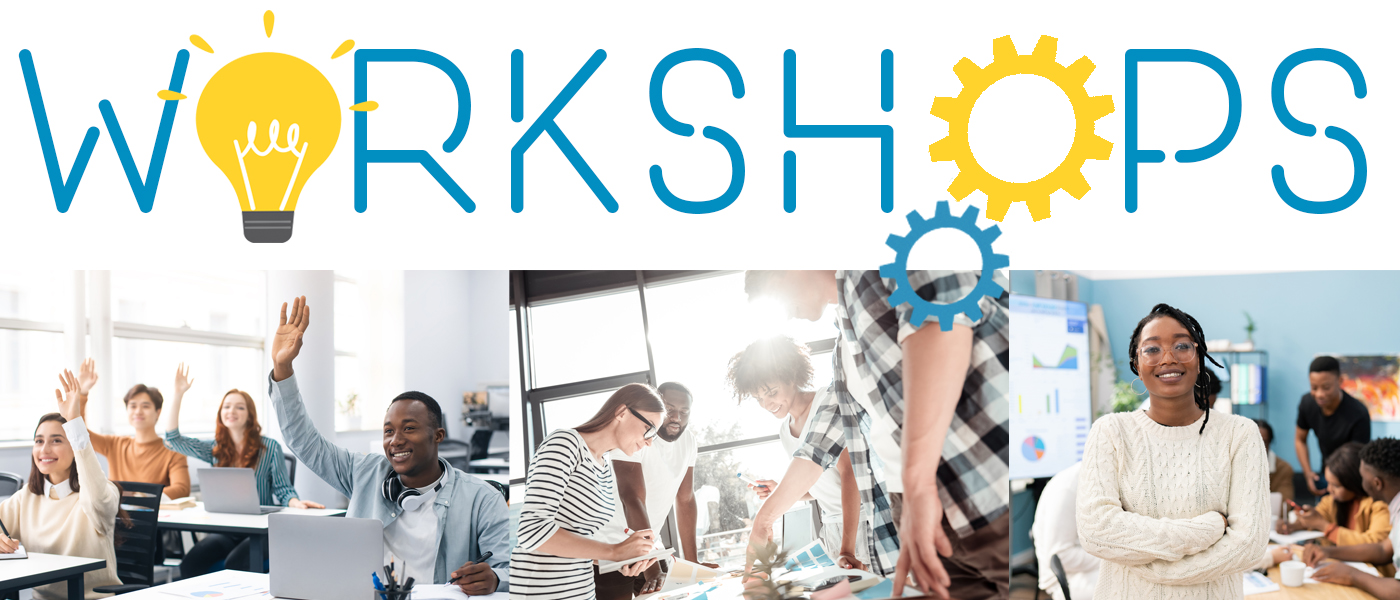
Workshops are FREE with your conference Registration.
Workshop Presentation Schedule here: ACADEMICEXPERTS.ORG
2024 Workshops
- AI-Enhanced Design Thinking in Teacher Education: A Practical Workshop
- Teaching Elementary Science and Mathematics Integrated with Computer Science at Linguistically Diverse Classrooms via Educational Robotics
- Implementing Virtual Reality in the Classroom
- Hands-on Generative AI for the K-12 Classroom
- Technology Infusion Characteristics in Preparation Programs: Create a Three-Year Adoption Plan
- Let’s Explore STEM Learning Centers: Offering a Variety of Digital Tools Facilitates the Practice of 21st Century Skills, Personalized Learning, and Agency In Young Learners While Engaging in STEM Activities
- National Science Foundation’s Innovative Technology Experiences for Students and Teachers (ITEST) Grant Program: Proposal support for research and development projects that equitably integrate technology in pre-K through 12 STEM learning and teaching
- What’s in Your Digital Toolbox: 10 Wonderful Technology Tools to Enhance teaching and Learning
- Touring the XR Ecosystem: Infusing Immersive Technologies in Teacher Education
- Using a Simulated Teaching Platform to Improve Teacher Practices
- AI and Education – Resistance is Not Futile – Changing the Arc of What We are Building as Educators and Humans
- AI Explorations in Teacher Education: A Hands-On AI Workshop for Faculty and EPP Leaders
- STEM Engagement Teaching and Learning Opportunities During the 2024 Total Solar Eclipse
- Level Up Your Online Course: Gamification for Engagement and Community Building
- Bridging ISTE Standards to Teacher Education: Exploring New Frontiers with Educational Technologies, Generative AI, and Faculty Development

